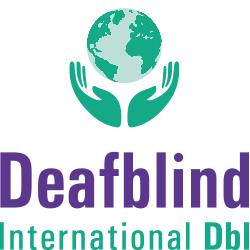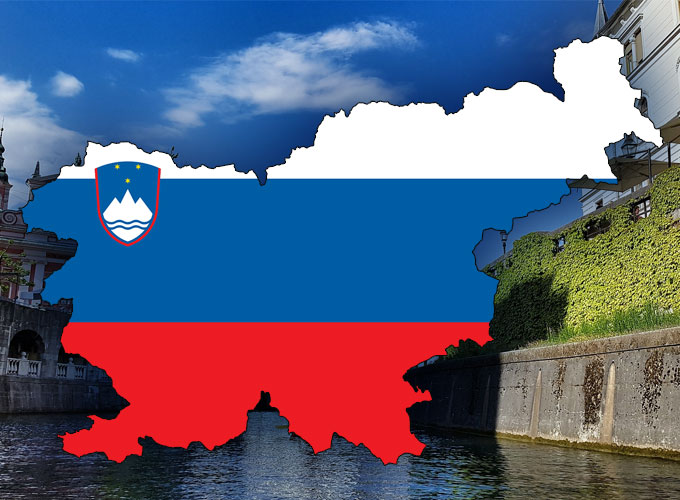Last year, in 2021, a historic event took place in Slovenia, when Slovenia became the first country to include the language of the deafblind in the Constitution of the Republic of Slovenia. This important achievement of the language of the deafblind being added in the constitution, only means a symbolic recognition that deafblindness is an independent disability and people with deafblindness are an independent group of people with their own community, culture, language and organization. All this represents only the beginning for further work, for the recognition of their fundamental rights in the country.
With the approval of the Constitutional Commission of the National Assembly and a two-thirds majority vote of all members of the parliament, the Constitution of the Republic of Slovenia is amended to read as follows:
“Article 62.a
(Sign language and language of the deafblind)
The free use and development of Slovenian sign language are guaranteed. In the areas of municipalities where Italian or Hungarian are also official languages, the free use of Italian and Hungarian sign languages is guaranteed. The use of these languages and the position of their users is governed by law.
The free use and development of the language of the deafblind are regulated by law.”
Explanation of the second paragraph of Article 62.a of the Constitution:
Second paragraph of Article 62.a of the Constitution determines: »Free use and development of the language of the deafblind is regulated by law.«
Like the right to free use of sign language, the right to free use of language of the deafblind is only generally defined. Second paragraph of Article 62.a of the Constitution merely defines the right to the free use and development of language of the deafblind, leaving its regulation to the law. Although the decree does not explicitly contain a constitutional guarantee on its free use (as is provided for the sign language in paragraph one of this Article), there is no doubt that this guarantee is also included. The law will guarantee people with deafblindness the right to use the language and expression, to individual support and assistance, to use the services of an interpreter for deafblind and regulate other status issues. (prof. dr. Igor Kaučič)

